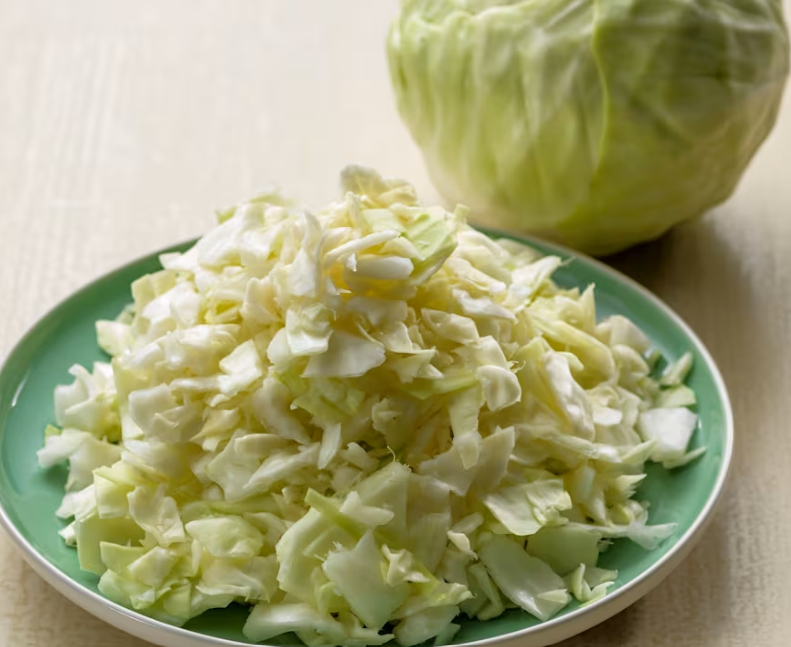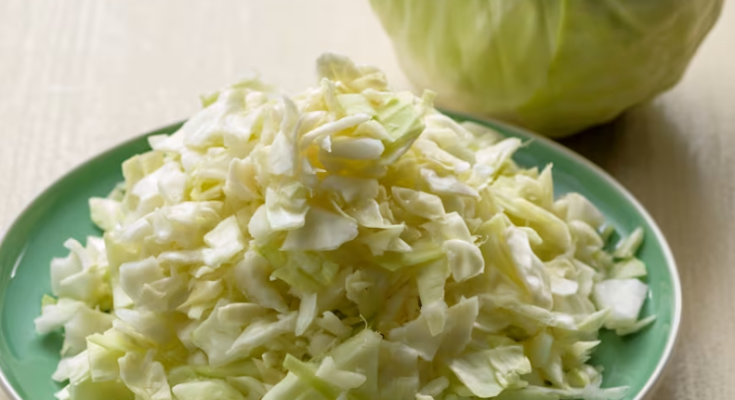4 Types of People Who Should AVOID Eating Cabbage
Cabbage has long held a beloved spot in our kitchens—simple to cook, easy on the wallet, and full of nutritional value. But behind its crunchy green layers lies a lesser-known fact: for some individuals, cabbage isn’t always the healthiest choice. So, who should be cautious? And how can such a widely enjoyed vegetable become a potential concern? Let’s unpack the answers—you may be surprised.
Why Is Cabbage So Widely Used?
Cabbage is to home cooking what the baguette is to bakeries: a daily go-to. Rich in vitamins A, B, C, E, and P, it supports vascular health, nervous system function, and metabolic balance. With its low calorie count, cabbage is a favorite among those looking to maintain a healthy weight while still enjoying satisfying meals.

Cabbage dishes, especially warm soups, are popular in colder months. Still, even this reliable kitchen companion has its limitations.
When Cabbage Might Not Be the Best Choice
1. People With Thyroid Conditions
Cabbage contains gitorin, a compound that may interfere with thyroid function and contribute to gland enlargement.
If you have thyroid issues like goiter, approach cabbage with care. Soaking the leaves in salted water and chopping them finely can help reduce gitorin levels.
2. People With Digestive Sensitivities
Its high fiber content can irritate those with conditions like irritable bowel or chronic diarrhea.
Gentler alternatives like steamed zucchini or cooked carrots are better options.
3. People Prone to Allergies or Eye Irritation
Fermented or pickled cabbage can trigger allergic reactions—itching, watery eyes, sneezing, or even eye bleeding—due to natural histamines.
If you’re sensitive to histamines or have had allergic eye issues, cabbage may not be ideal.
4. People With Kidney Problems
Cabbage contains oxalic acid, which can bind with calcium and form kidney stones.
If you’ve had kidney stones or have kidney disease, consult a doctor. Cooking cabbage and cutting it into small pieces can reduce risk.



